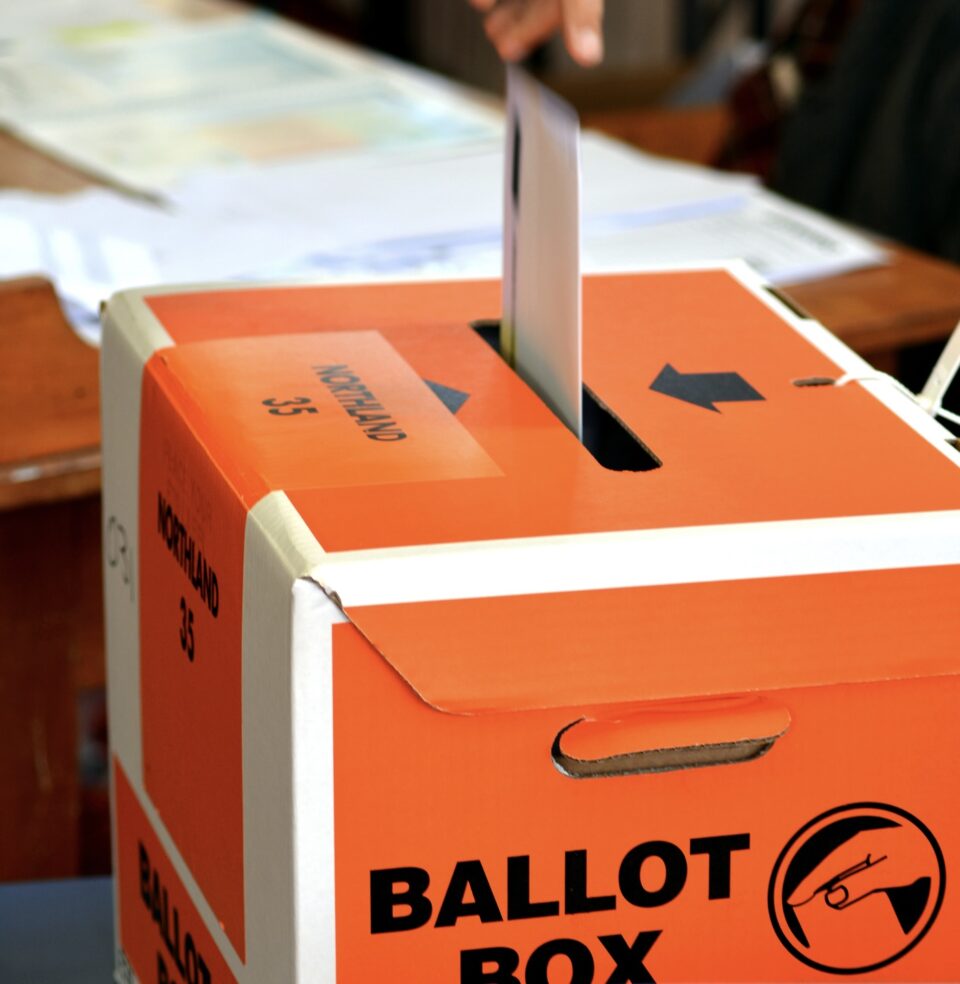Following a recommendation from a government-commissioned Future for Local Government draft report to lower the voting age in council elections, the Electoral (Lowering Voting Age for Local Elections and Polls) Legislation Bill was waiting on public submissions until 20 October.
The bill would amend the Local Electoral Act 2001 so that people aged 16 or 17 years are eligible to vote in local elections and polls. It will not change the voting age for parliamentary elections. The bill would establish a new category of electors, named youth electors, and provide for 16 and 17-year-olds to be registered on a youth electoral roll.
Although it would lower the voting age to 16 years for local elections and polls, the bill would not change the age for: being elected or appointed as a member of an alcohol licensing trust or trustee of a community trust: voting in the election of members of an alcohol licensing trust; voting in the election of trustees of a community trust; or serving as a juror.
The relevant age for those activities would remain 18 years.
The Bill, should it be taken up by the new Government, will also amend the Electoral Act 1993 and other Acts, including local Acts, for the purpose of implementing the policy. The Local Electoral Regulations 2001 would also be amended.
Unlike changing the parliamentary voting age that requires a referendum or a 75 percent majority of MPs, the voting age in local elections can be legislated by a majority vote in Parliament. Before the general election, this Electoral (Lowering Voting Age for Local Elections and Polls) Legislation Bill was given only a few seconds of time for the title to be read out in Parliament and tabled.
A Curia Market Research poll of 1000 eligible voters published in August by the Taxpayers Union and Auckland Ratepayers’ Alliance, found that 79 percent oppose lowering the voting age.
“The review panel’s recommendation to lower the voting age to 16 is woefully out of touch,” says local government campaigns manager Josh Van Veen. “Only two in five New Zealanders vote in local elections. That won’t change just because we give high school kids the right to vote.
“We need to give local communities real decision-making power … the Government’s approach to Three Waters, the abolition of District Health Boards, and other examples of centralisation, are inconsistent with local democracy.”
Meantime, Hauraki mayor Toby Adams doubts his kids would have given the vote the respect it deserved. “If I look at my own children, and the people that they hang out with, they barely know what they want to do for a career at 16. So if that’s the thought process on where their life is going in the next two years’ time, how can they be making robust decisions about government that’s could alter people’s lives for a generation?”
Before the election, National’s Simon Watts (the party’s shadow LG minister) and the Act Party’s Simon Court both told mayors and councillors they opposed lowering the voting age, in a Newsroom Political Debate at the Local Government NZ conference in Christchurch. “It’s highly simplistic to think that the reduction of the voting age is going to drive a significant increase in the engagement level in local government,” Watts said. “It is simply not going to happen.
“Young people are the group that has the lowest proportionate turnout in voting, of any group. So simply by adding in more young people, you’re going to dilute the overall turnout.”
The United Nations Convention on the Rights of the Child defines child as; “A human being below the age of 18 years, as ratified by 192 of 194 member countries, including New Zealand where a person is considered a child or “minor” until the age of 20, or “maturity”.
Some legal age restrictions are lifted below the age of majority, such as 16-year-olds may leave school, and 18-year-olds can (controversially) buy alcohol.



